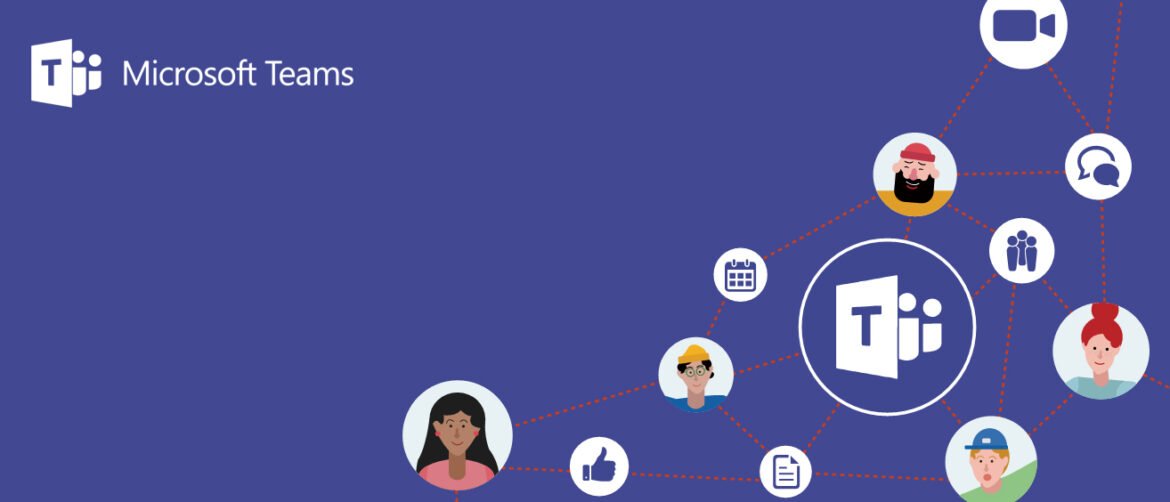Microsoft Teams, one of the world’s most popular workplace communication platforms, is launching a new automatic attendance system that uses Wi-Fi connectivity to track employees’ work locations.
This innovative feature automatically updates a user’s work location status when they connect to their office’s Wi-Fi network. When employees arrive at the office and connect to the designated company network, Teams will automatically mark them as “in office,” while those working from home or other locations will be shown as “remote.”
The primary purpose of this feature is to simplify coordination in hybrid workplaces, where employees split their time between office and remote work. This system eliminates the need for manual check-ins or attendance registers, saving time for both employees and human resources departments.
For Pakistani companies that have adopted hybrid work models following the COVID-19 pandemic, this update could significantly enhance operational efficiency and help managers quickly identify which team members are physically present in the office on any given day.
However, technology experts and privacy advocates are raising important concerns about this automatic tracking system. The main worry involves employee privacy, as the feature continuously monitors workers’ locations based on network connections. Some employees may feel uncomfortable with constant digital surveillance of their whereabouts, even if limited to work-related contexts.
Additionally, there are questions about transparency regarding how this location data will be stored, who can access it, and whether it might be used for performance evaluation beyond simple attendance tracking. Organizations in Pakistan considering activating this feature are strongly advised to seek explicit employee consent before implementation.
Companies should clearly define and communicate their data use policies, explaining exactly what information will be collected, how it will be used, and who will have access to it, ensuring workplace technology enhances rather than undermines employee trust.

